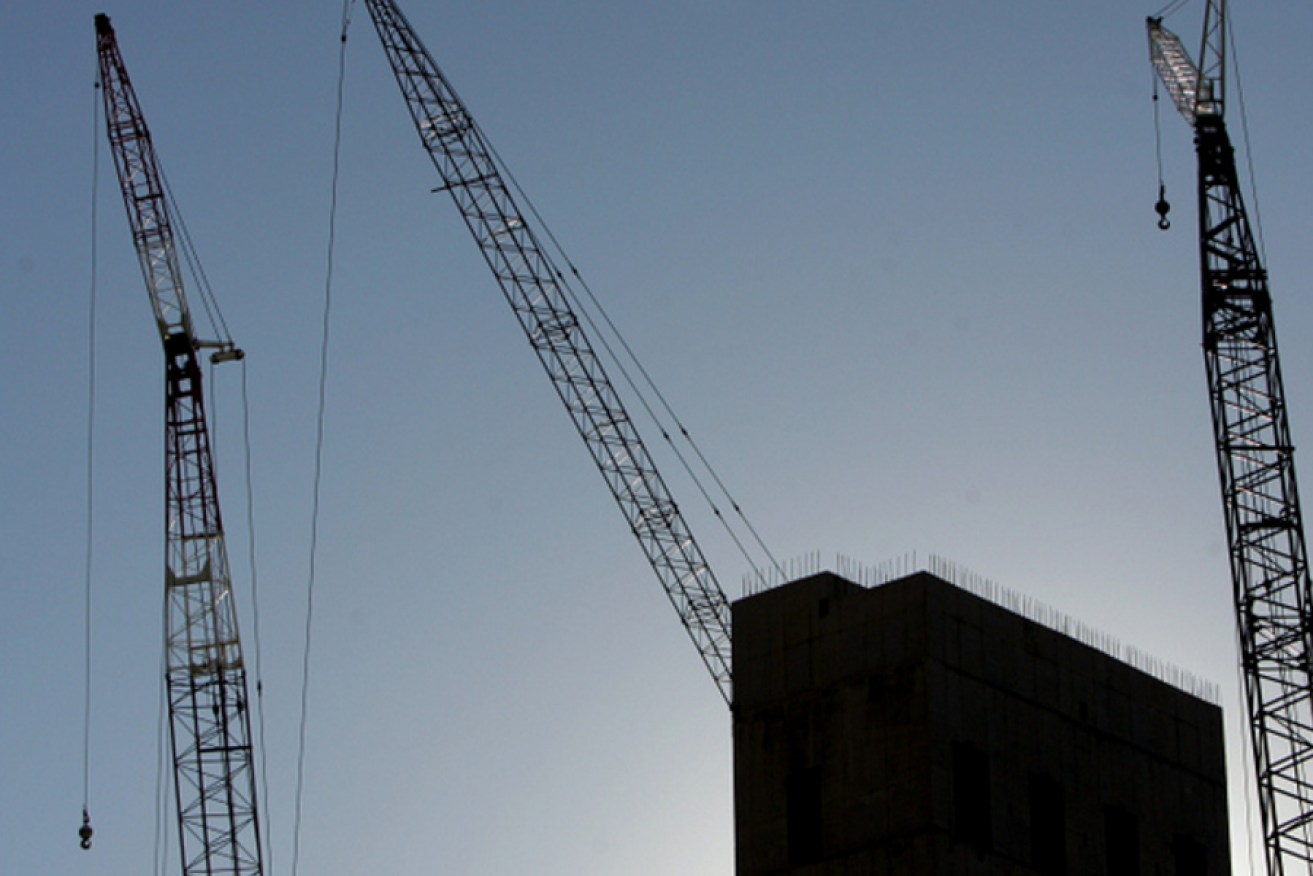Infrastructure warning: SA industry in crisis

SA property developers expect a surge work in the next 12 months.
South Australia is at risk of losing the best part of its infrastructure design industry unless governments act, argues Jan Irvine from Consult Australia.
We must move beyond the status quo to realise a new wave of productivity, jobs and growth for South Australia.
Lack of investment in infrastructure by government has caused significant long-term damage to South Australia’s infrastructure design industry, with flow-on impacts through the construction supply chain.
The current critical state of the built environment industry is a sign of what’s to come across the wider business community if the current state of play remains.
Increasing merger and acquisition activity in the industry could be seen as symptomatic of firms no longer being as competitive as they once were.
With the decline in resources projects and a contraction in government investment in infrastructure, South Australia risks losing the best part of an industry 15 years in the making, and the envy of advanced economies across the world.
Our members – engineers, architects, quantity surveyors, project managers, planners – are hurting badly.
Results of Consult Australia’s 2013 Industry Critical survey showed in the 12 months to June 2013 alone, 83 per cent of South Australian firms surveyed had made staff redundant, and of these 80 per cent were permanent employees.
This is a critical loss, worsened by the fact that professionals are also moving interstate and overseas to seek work and, under current conditions, are unlikely to return. This will impact the South Australian industry’s future capacity to deliver infrastructure projects and prove extraordinarily detrimental to small and medium enterprises.
The industry needs targeted intervention—there is an opportunity for governments to build productivity and moderate the extremes of the boom/bust cycle. Planning and developing a stronger infrastructure pipeline, releasing new funds for infrastructure investment, supporting best practice procurement, and creating a better business environment are all recommendations outlined in the Association’s policy platform.
The current state of play again highlights the need for a robust, independent and transparent process and governance model for effective decision-making, and for the evaluation and prioritisation of infrastructure delivery to ensure a steady pipeline of work is maintained. These are critical to South Australia’s aim to grow jobs and productivity in the years ahead.
This is now widely recognised, and was reinforced in the most recent draft report of the Productivity Commission Inquiry into Public Infrastructure, but it is now time for governments to act.
What we need to see now is an informed debate about budget policy.
Governments at all levels must reconsider the extent to which the drive to surplus and unquestioning dedication to AAA credit ratings are hurting growth and opportunities to invest in long-term productivity-enhancing infrastructure.
Simplistic “fiscal populism” undermines the urgent need for a more sophisticated debate about how we fund and finance infrastructure across the state, and what infrastructure will deliver the best return on investment for tax-payers.
Not only must the debate occur—the public must also be engaged so they truly understand the options.
Our elected representatives must embrace opportunities to invest in the future of South Australia.
We are a great state with enormous potential. We should not sacrifice this for political sloganeering favouring a better balance sheet in the short-term, but look to invest in infrastructure that will provide less congestion, faster freight and higher productivity in the decades ahead.
Jan Irvine is the State Manager SA of Consult Australia – the industry association for consulting companies in the built environment sector, including engineers, architects, project managers, planners, environmental scientists and quantity surveyors, among others.




